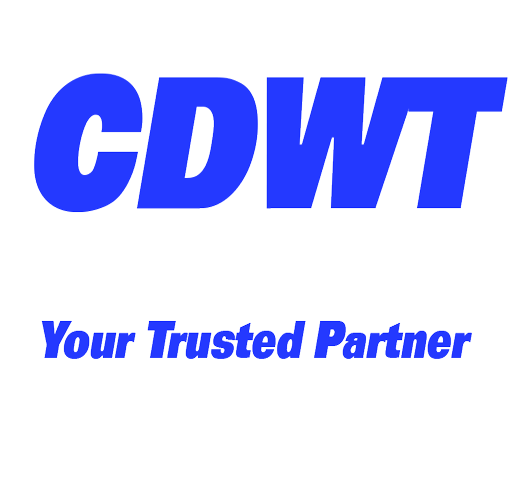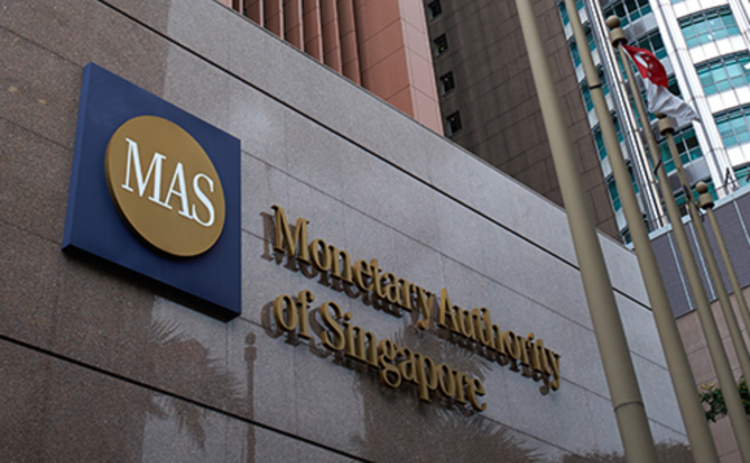MAS – Monetary Authority Of Singapore – Compliance
Obtaining Full Data Integrity and Immunizing Organizations Against Cyberthreats with MAS Compliance Services that are fully managed.

Maximize Security and the Shield for Future Growth Without Compromise
Today’s organizations handle more data than ever before, which necessitates a plethora of safeguarding duties. The effect is evident in the form of financial losses, increased operational expenses, performance hazards, compromised data security, management of conflicts of interest, and efficient customer service. As firms struggle to comply with data privacy and protection laws, regulatory compliance has become an arduous and arduous undertaking.
MAS is unquestionably the best method for implementing wider controls across IT security operations. It plays a crucial role in mandating frequent risk assessment, establishing and maintaining security policies, conducting regular security testing, managing software and patches, protecting against malware, and defending against sophisticated threats.
Enhancing Cybersecurity with MAS Compliance – Singapore’s Monetary Authority
The Monetary Authority of Singapore (MAS) is the centralized Singaporean financial regulator. MAS assists financial institutions in implementing effective risk management, enhancing system security, and protecting sensitive data and transactions. The MAS has established Technology Risk Management (TRM) standards as best practices for Singaporean financial institutions to adhere to. MAS has recently approved cloud services as outsourcing and implemented many data protection and cybersecurity laws that facilitate the technology adoption and solve difficulties influencing the deployment of cloud solutions by the financial sector.
To handle technological risk management and comply with cybersecurity regulations in the financial industry, CDWT provides an innovative method for upgrading the organizational security framework with MAS compliance. By combining the knowledge of professionals in technology security and governance, we develop a truly sustainable governance security model compliant with international compliance requirements and assist financial institutions in keeping up with evolving technologies and cybersecurity best practices.
Why MAS Compliance is Required
ompliance with cybersecurity regulations is rising importance in technology-driven banking. Cyber resilience frameworks are urged to handle significant challenges such as data security and integrity, regulatory risks, reputational harm, etc. In the following ways, an inclusive and compliance-focused financial activity may benefit:
- Strategic Advantages
- Concentrate on Expansion and Business Continuity
- Guarding Corporate Reputation
- Improve Customer Faith
- Expansion in New Markets
- Protecting Against Cybersecurity Dangers
- Enhancing Productivity and Competitiveness














MAS Compliance Mapping
Phase 1: Planning and Assessment
-
During this phase, regulatory inspectors conduct face-to-face discussions and seminars to review the business environment, current architecture, procedures, and services of financial institutions.
-
Additionally, this individual discovers systems and infrastructures that fall within the scope of MAS TRM rules and technologies.
-
Phase 2: Adopt
-
This step involves analysing all current policies, procedures, and processes to establish the effectiveness with which financial institutions manage technological risk and cyber resilience.
-
The regulatory inspector employs and conducts sample-based testing to evaluate controls and ascertain the operational efficacy of the proposed and implemented system.
-
Phase 3: Review and Recommendation
-
During this step, the regulator inspector prepares reports based on the fieldwork results and delivers them to the organization.
-
It discusses the possible gaps observed in comparison to the MAS TRM Guidelines, as well as specific areas for improvement and appropriate recommendations for filling those gaps.
-
Managed Compliance Services from CDWT
CDWT’s Managed Compliance Services enable enterprises to supplement their IT infrastructure, security networks, cloud platforms, data structures, and software/apps in order to become completely compliant with global legislation and standards.
We investigate customer landscapes, access functionalities, and workloads in collaboration with A-star compliance professionals and modern technologies to validate whether or not they adhere to respective protocols while bestowing effective strategies and employing critical processes to risk-proof compliance globally. CDWT Managed Compliance Services protect essential cloud platforms including hyperscaler cloud landscapes, private clouds, third-party environments, on-premises or remote ecosystems, and assist them in becoming completely compliant with the following services:
IRAP
The Information Security Registered Assessors Program (IRAP) is a collection of security procedures and frameworks designed to audit, assess, and measure an organization's cybersecurity effectiveness in accordance with Australian security laws and standards. The Australian Signals Directorate keeps an eye on this (ASD)
Bank Negara Malaysia
Bank Negara Malaysia oversees a key compliance structure and laws pertaining to BFSI operations and financial institutions (BNM)
Oman's Central Bank
Oman's Central Bank has approved regulations that apply to all BFSI services including financial institutions.
SAMA
Saudi Arabian Monetary Authority-regulated centralized cybersecurity framework and methods to aid enterprises across all sectors in efficiently protecting their operations, assets, and data.
FINMA
Swiss Financial Market Supervisory Authority regulations and frameworks for supervising banks, financial institutions, insurance companies, stock exchanges, securities dealers, and so on.
UAE Regulations
Enhanced UAE compliance with relation to data residency, privacy, and other legislation affecting corporate activities in the UAE.
RBI
Security, operational management, data administration, and other compliance rules apply to BFSI operations and financial institutions. Delivered by the Reserve Bank of India, the nation’s leading financial body.
MAS
The Monetary Body of Singapore, the country's primary BFSI authority, established guidelines on outsourcing financial institutions' operations and procedures.
OJK
The Financial Services Authority of Indonesia (Otoritas Jasa Keuangan) issues and monitors regulations on the running and operations of financial institutions.
GDPR
The General Data Protection Regulation (GDPR) is a set of advanced laws that control the gathering and use of personal data from European Union residents.
PCI-DSS
The Payment Cards Industry Data Security Standard establishes guidelines and benchmarks to guarantee that all businesses receiving, storing, and processing credit card data operate in a secure environment.
HIPAA
The Health Insurance Portability and Accountability Act establishes standards and protocols to safeguard the privacy, confidentiality, and integrity of sensitive patient information. Healthcare organizations get the HITRUST (Health Information Trust Alliance) accreditation as verification that they meet HIPAA regulations.
GXP
The GXP compliance standard is an abbreviation for regulatory standards and recommendations applicable to a larger range of life sciences, food, and medical items, among other things (the 'X' stands for any letter appropriate vertically). Good Laboratory Practices (GLP), Good Clinical Practices (GCP), and Good Manufacturing Practices (GMP) are a few examples (GMP).
ISO Standards
Introduced by the International Organization for Standardization, these frameworks validate the worldwide standard standards applicable to any item or service. The number after an ISO denotes the category: ISO-27001, ISO-27017, ISO-27018, ISO-22301, ISO-20000, and so on.





